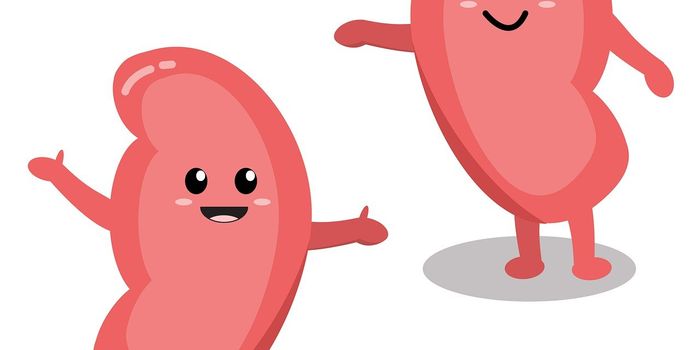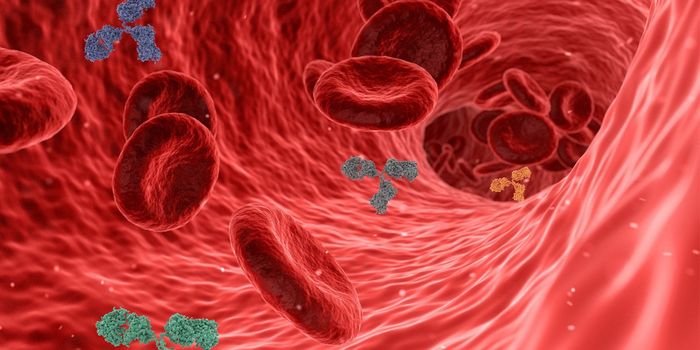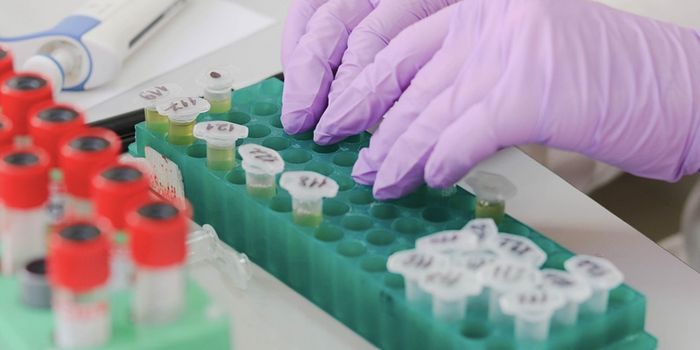Chile and other Latin American countries struggle with an overpopulation of dogs, mostly because surgical castration is rare, according to the
NY Daily News. In response to the overpopulation, veterinary scientists from the University of Chile are developing a formula to be used as "immunological castration" in hopes that they can sterilize more dogs this way.

The vaccine formula consists of an
Escherichia coli-generated recombinant protein that can be developed as a polymer, chitosan. In 2006, chitosan was dubbed the "second most important natural polymer in the world" by a journal review published in
Progress in Polymer Science. The polymer is primarily obtained from shrimp and crabs, and it is used in applications like food and cosmetics in addition to pharmaceuticals.
Chitosan prompts the production of antibodies that neutralize betatrophin hormone and reproductive activity. The betatrophin gene was discovered in 2013 by researchers from Harvard University looking for type 2 diabetes treatments. Betatrophin can be used to increase the number of cell in the pancreas that produce insulin (
IB Times).
When dogs are vaccinated with chitosan, the females stop producing estrogen and progesterone and the males stop producing testosterone. The dogs will "still engage in reproductive activity but will not be able to fertilize," explains professor Leonardo Saenz from the University of Chile. This formula for dogs was derived from an existing formula used to sterilize pigs.
The neutralizing antibodies provide a unique sterilization method. Saenz describes it as a "reversible measure based on hormonal alterations." Supposedly, if the dog wanted to resume fertility, the vaccine's action could be undone. The vaccine is still waiting to be authorized and commercialized.
It has been estimated that 2.5 million dogs wander the streets of Chile, abandoned by their owners (
StrayChileanDogs.Wordpress.Com). Check out the following video to see 9 puppies rescued during a fire last spring in Valparaiso, Chile.
(Source:
Reuters)









